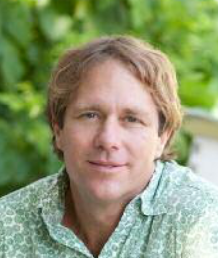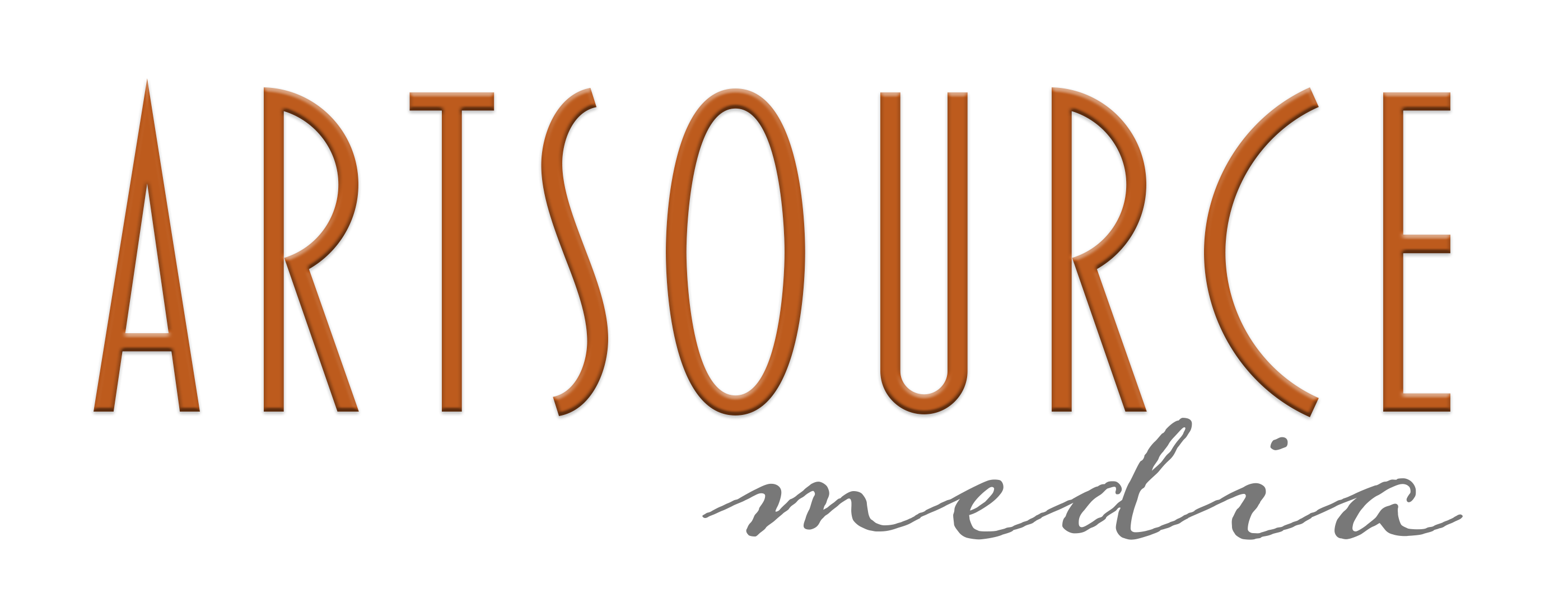
“Honeybees forged the course for my life and now I’m trying to return the favor,” says Ted Dennard, founder of prolific honey- based business, Savannah Bee Company. “They gave me a purpose-filled career that will leave the world a better place, just like the honeybees do.”
It all started in 1979 when an elderly gentleman named Roy Hightower placed his 25 beehives on Ted’s family property. Terrified of the bees but lured in by the honey, Ted fell in love as he held the multicolored frames of honeycomb against the sun. He recalls, “The frames appeared to me like a stained-glass window and proved to be an experience that foreshadowed my life to come, a life intertwined with bees.”
“While in high school, I often worked weekends with Roy and this was an introduction to an immersion and confidence in beekeeping. Later in college I helped another elderly man, Archie Stapleton, with his hives and his vineyard. He taught me about the bees while we made wine and sometimes mead, an alcoholic beverage employing mostly honey as its fermentable sugar. Archie mesmerized me with tales of all the worker bees being female and how their queen, though starting life as a worker bee was transformed into a queen by eating a diet of ‘royal jelly’. He divulged how she lives 40 times longer and can lay 3000 eggs a day, either fertilizing them to produce worker bees, or not, to allow the development of the few ‘drones’ out of 60,000 workers. All the learning made my enthrallment deepen until I eventually fell into the proverbial rabbit hole filled with the lore and fascination of apiology.”
After graduating with a degree in religious studies, Ted joined the Peace Corps and was sent to Jamaica for two years of teaching beekeeping and to work with existing beekeepers.
Years later, living in Savannah Georgia, Ted sometimes questioned his father’s lifelong advice to “do what you love” and not to work simply for money. “I was working four jobs to pay off the debt owed from operating a Sedona-based wilderness adventure company; one that also placed students in host families on the Hopi and Navajo reservations. But I had no career and seemingly no options to create one.”
“However, I did have five hives of bees in my backyard. I resisted ever selling honey and instead gave it all away. Then a call came in from a local store that wanted to put my honey on their shelf. I did it! I sold it to them. It was like the first drop of rain in a deluge, because after that other stores started calling. And they just kept calling.”
Ted incorporated Savannah Bee Company and began working the business full time.“I was the sole employee, but that quickly began to change as the small business first crop was the valuable Tupelo honey. Tupelo trees only grow in the rivers between Savannah and West Florida and they bloom in late April for anywhere from 3 to 14 days. The honey has a unique sugar composition that doesn’t allow it to granulate and imparts a smooth, soft sweetness like no other honey. After that, I hauled the hives to the forests along the coast to make honeycombs to cut and sell. Later, I brought the hives up into the mountains of Southern Appalachia for the sourwood honey whose gingerbread taste wows the world’s honey judges into awarding it with blue ribbons.”
As he networked with other beekeepers for his supply, Ted began to discover the more reliable ones and has seen a gradual but continual expansion ever since, resulting in a beekeeper network spanning the globe. Expanded warehousing eventually led to the venture of opening Savannah Bee Company retail stores in 2008. Fortunately, their growth continued right through the recession.
Many are aware that bees have had a stressful time in recent years. Ted commented, “There have even been questions raised about their future. In 2013 I started a not-for-profit to support a positive bee-awareness program by helping to educate a generation that will love and protect the honeybees. The ‘BeeCause Project’ installs glass observation beehives inside classrooms allowing the bees to enter the hive through a tube in the wall. Over 600 schools in four countries including all 50 states of the USA now take part, allowing students to watch the bees industriously building combs and making honey through their interaction with the plant world.”
He added, “I’ve come to believe that we need more and more ways to spread awareness of the important and amazing life of honeybees. Each colony of bees can visit over 500 million flowers every year; each touch is beneficial to both the bee and the flower.”
Ted Dennard and friends are here to help. Savannah Bee operates 15 retail stores that help to raise bee awareness with over 2,000,000 customers each year. Company employees lead thousands of people annually through the on-site bee garden tours at Savannah Bee headquarters. Ted has now branched into a Peace Corps style of bee teaching in a Caribbean outreach program. In one instance, they trained beekeepers and flew hives down to an island that had no bees and helped introduce what has blossomed into hundreds of hives and a thriving beekeeping industry.
“It takes a hive and I have an amazing team of over 200 people who ‘fight the good fight’ every day. We use the sale of our products to continue to fuel our mission of saving the bees. Like the bees, we do it individually, one person at a time and with each connection we are slowly but surely making a difference in this world through bee education, awareness and support. We are dedicated to educating children and adults about the important role bees play as pollinators of our food. As an integral part of our ecosystem and facing an abundance of threats in our evolving world, bees need all the help we can give them. Acts big and small can have a positive impact on the bees and their future — start a beehive, avoid pesticides, plant diverse flowering species, and support local beekeepers.”
SAVANNAH BEE COMPANY LOCATIONS
ARIZONA • 390 N State Route 89A, Sedona, AZ 86336 • 928-862-2996
COLORADO • 1222 Pearl Street, Boulder, CO 80302 • 303-862-8073
FLORIDA • 1600 E. Buena Vista Drive, Suite C, Lake BuenaVista, FL 32830 • 407-560-0233
GEORGIA • 104 West Broughton Street, Savannah, GA 31401 • 912-233-7873
GEORGIA • 1 West River Street, Savannah, GA 31401 • 912-629-9975
GEORGIA • 211 Johnny Mercer Blvd., Savannah, GA 31410 • 912-629-0908
GEORGIA • 315 Mallery Street, St. Simons, GA 31522 • 912-771-8972
SOUTH CAROLINA • 276 King Street, Charleston, SC 29401 • 843-722-5664
SOUTH CAROLINA • 123 N. Main Street, Greenville, SC 29601 • 864-535-5482
SOUTH CAROLINA • 1301 Celebrity Circle, Unit #128, Myrtle Beach, SC 29577 • 843-213-1058
SOUTH CAROLINA • 4726 Hwy 17 South, Unit 84, North Myrtle Beach, SC 29582 • 843-491-3507
TENNESSEE • 461 Parkway #3, Gatlinburg, TN 37738 • 865-277-7878
TENNESSEE • 131 The Island Drive, Suite 5102, Pigeon Forge, TN 37863 • 865-366-3761
TENNESSEE • 2655 Teaster Lane, Suite #240, Pigeon Forge, TN 37863 • 865-366-5050
Visit and Shop online at https://savannahbee.com

Honey Culture Creates Good Buzz | ARTSource Volume 5
Author: ARTSource
ARTSource Media proudly showcases people and places associated with the creative community – a community that brings rewards to nearly everyone, everywhere. We highly value that twice this decade, our award-winning productions have earned recognition as "Best of the Best" on a national level.





